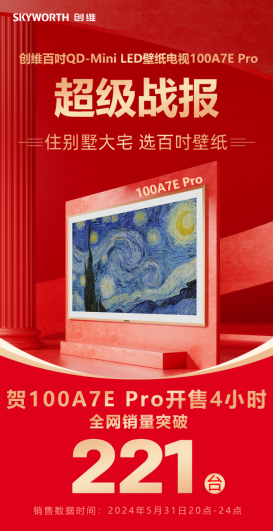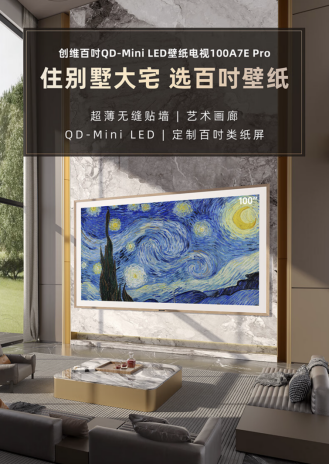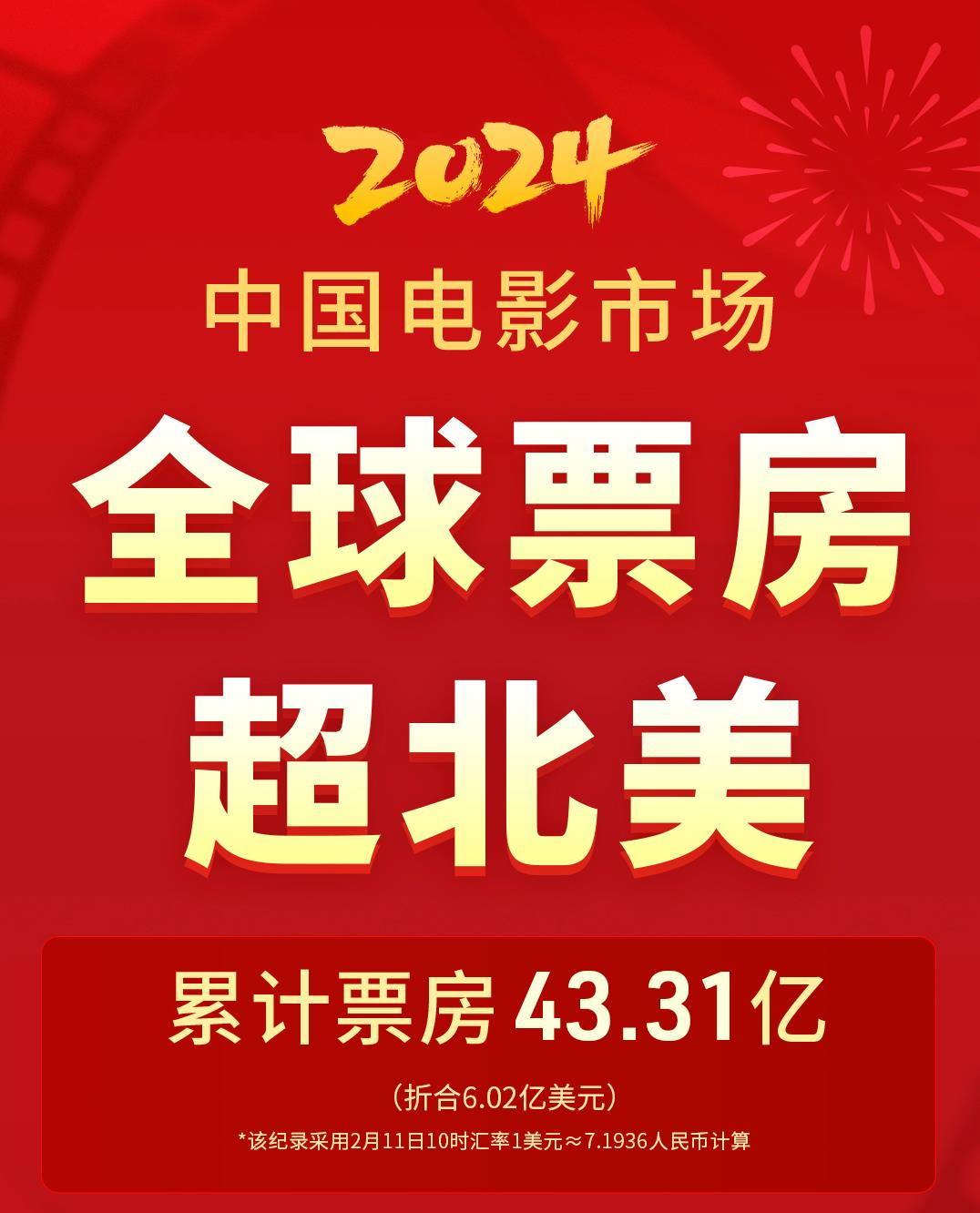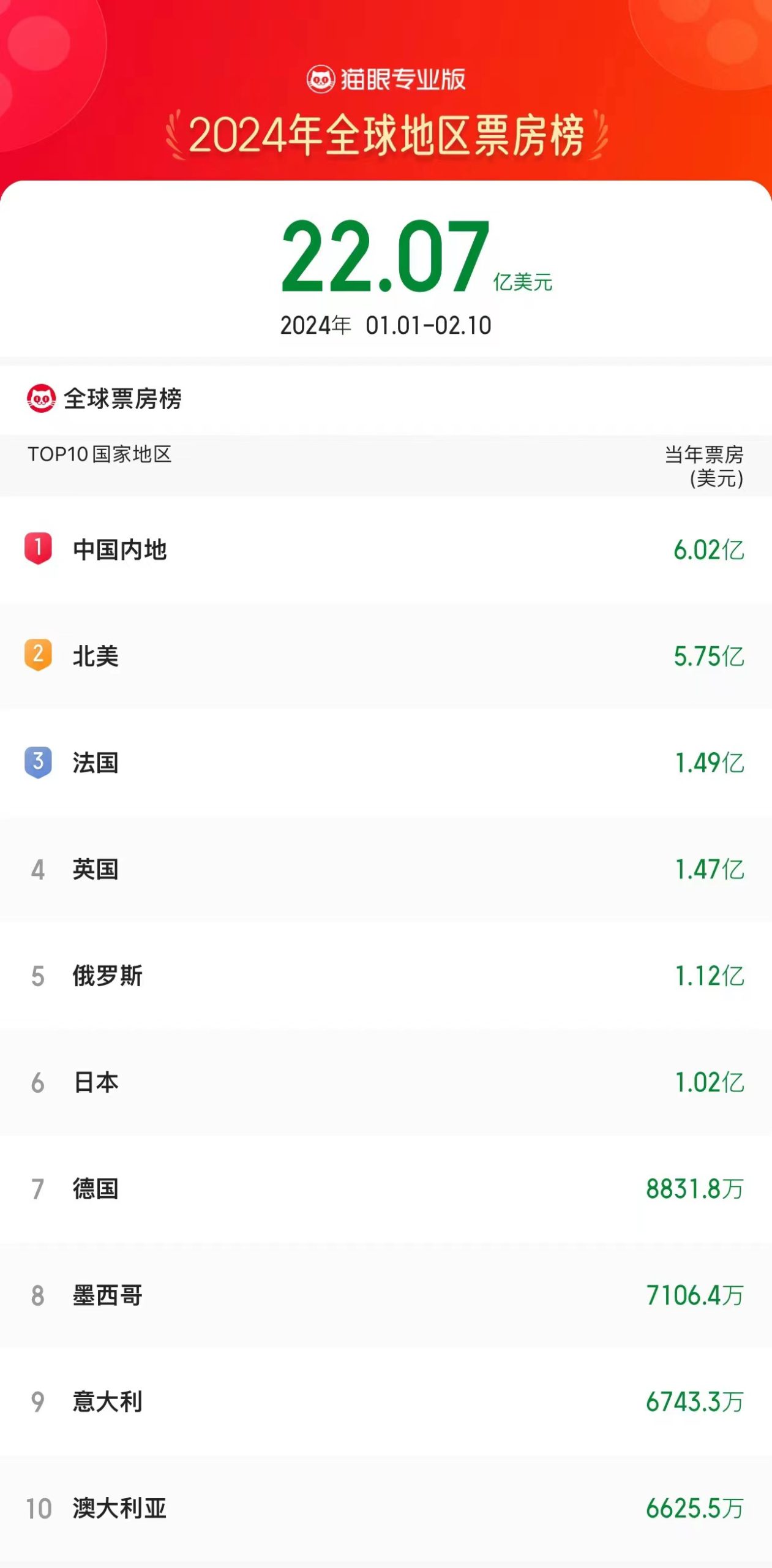Mo Lifeng | What is academic? What is academic?
Original Mo Lifeng Zhonghua Reading Newspaper
Nanjing University is the host of today’s meeting. I am the oldest in this academic team. The discipline of ancient literature has a tradition of respecting the elderly. Vice President Tong Ling asked me to make a speech. I have always been afraid to talk about macro issues. When I read the topic of the conference, I felt a little weak. Looking at the list of delegates, I am even more uneasy about those who are always afraid. So I want to take this opportunity to put forward my confusion and ask you questions, that is, "what is academics" and "what is academics".

Mo Lifeng spoke at the meeting.
What is academic? I used to be a member of the academic committee of Nanjing University for two times, and now I am also a member of the academic committee of China Ancient Literature Research Center of Fudan University and China Poetics Research Center of Anhui Normal University. I should know what scholarship is. But as saint augustinus said in Confessions, "What is time? Nobody asked me, but I know. Someone asked me, and I wanted to explain it to him, but I was puzzled. " If you really want me to make it clear what is academic, I’m confused. Some people say that the word "academic" is an exotic product, which originated from the academy, a college where Plato gave lectures in ancient Greece. This statement is high and unrealistic, because in that case, it is bound to deny that China had its own academics in ancient times. There are more than ten meanings of the word "academic" in the Chinese Dictionary, among which three are learned, learned and theoretical, which are more in line with modern people’s cognition. The definition of Modern Chinese Dictionary is: systematic and specialized knowledge. However, to what extent is specialized or systematic knowledge called academic, and its boundary is still vague. And according to my contact with science scholars or social science scholars, their understanding of academics is quite different from ours. So we must limit the scope of discussion to humanities. But even so, everyone’s opinions are still divergent. Biographies of figures in the official history of dynasties divide scholars into three categories: scholars, scholars and Taoists. They seem to belong to different circles, and those who hold several positions are rare. In the Northern Song Dynasty, Cheng Yi thought that learning can be divided into the study of articles, the study of exegetics and the study of Confucian scholars. In the Qing Dynasty, Yao Nai further put forward: "The matter of learning in the world,There are three points: righteousness, writing and textual research, and the same trend cannot be abolished. Although "the same cannot be abolished", from the historical point of view, it seems that the most famous Ganjia school in the academic history of the Qing Dynasty is only good at "textual research", and Ganjia academic is thus called Pu Xue or Textual Research by later generations. As for "righteousness" and "article", even if they are not completely denied, they are shelved. This tendency has been extended to modern times, and the most important embodiment is the Institute of History and Language of Academia Sinica, represented by Hu Shi and Fu Sinian, who held the highest discourse power in the academic circles in the Republic of China. "Institute of Historical Languages" is the Institute of Historical Languages, and its name does not include literature. The study of articles mentioned by the ancients has been expressly excluded. Please note that our subject, namely, the subject of China ancient literature, is not academic in the evaluation criteria of "Institute of History and Language". Of course, this contempt for the study of ci and Zhang is not the original creation of the "Institute of History and Language", but a long-standing academic prejudice. The originality of "Institute of History and Language" is that they also take whether to adopt western academic methods as the standard, and Qian Mu, a famous scholar, is famous for his works. However, because he is a native scholar and unfamiliar with western learning, Fu Sinian is extremely contemptuous of him, claiming that he "never reads a word about Qian’s books", so that Qian Mu was not awarded "Academician of Academia Sinica" until his later years. After moving to Taiwan in 1949, "Shi Yu Institute" has lost its right to speak in mainland academic circles, but its influence still exists. Take a look at the evaluation criteria indicated in the "Examples" in the "Notes on Modern Learning Forests" published in 2010, just like the following one:"Emphasis on modern western academic training and background, not on China’s traditional academic orientation." The selected scholars in this book are all majoring in the study of China literature and history, and it is a prerequisite to "not pay attention to the academic orientation of China’s traditional standard"! In addition, there is an important selection criterion in Dianjianglu: "The practical work of positivism is emphasized, and the classical speculation of metaphysics is not emphasized." This excludes all the "principles and articles" mentioned by Yao Nai, leaving only the category of "textual research". Therefore, "Dianjianglu" openly stated that those "those with deep academic ability and many works but poor style" were excluded, among which Yu Pingbo, Gao Heng, Jiang Liangfu, wu shichang, Cheng Qianfan and others were publicly named, while You Guoen, Lin Geng, Pu Jiangqing, Ren Bantang and others were not named. These senior scholars are all Taishan Beidou in the eyes of my generation, but they regard it as nothing in their eyes. In addition, although Zhang Taiyan is listed in the frontispiece of this book, he is compared to classical literature, with the purpose of "keeping out of the list". As for Mr. Huang Jigang, Zhang Mengao, only a few negative comments are attached to Zhang Taiyan’s article. As a member of the research field of ancient literature, what is my attitude towards the above tendency? My attitude is to ignore it. Academics is the public instrument of the world, not the patent of a few people. Of course, they can put forward their standards, and we can stick to ours. Different ways, no common cause, no common goal, everyone can do their own thing. Therefore, it is best not to pursue a uniform standard for academic evaluation. Not only are liberal arts and science very different, but each branch of liberal arts also has its own characteristics.There is no uniform norm. I think the so-called academic community is best limited to a small academic category, so that everyone can have a common language. Otherwise, chickens and ducks can’t talk at all. As for the discipline of ancient literature in China, quite a few colleagues have been engaged in sorting out the academic history of this discipline in recent years. The works I have read include Guo Yingde’s History of Classical Literature Research in China, Zhao Minli’s History of Classical Literature Research in China in the 20th century and Huang Lin’s History of Ancient Literature Research in China in the 20th century. They comprehensively summed up the academic history or academic status quo of this discipline, which is what we should pay attention to.
Then, how can I answer the question of "what is scholarship" within the discipline of ancient literature in China? From the microscopic point of view of every scholar, I think academic research, especially literary research, must be as eclectic and varied as our research objects themselves. Therefore, as long as we are engaged in serious thinking and writing, it is worthy of recognition, and we must respect the academic personality of scholars. I am mainly engaged in the research of Tang and Song poetry, and my favorite achievement is my writings in this field. Moreover, I only look at the academic itself, regardless of the level of the platform where scholars are located, the size of all titles, or the support of project funds or the blessing of award-winning grades. For example, Beishan Yu and Zhou Benchun, two late predecessors of Huaiyin Teachers College, I think their works are excellent academic achievements. Yu Xiansheng’s major achievements are Three Kinds of Chronological Works of Beishan Yu, namely Lu You’s Chronology, Yang Wanli’s Chronology and Fan Chengda’s Chronology. The three books have been written and revised for 36 years, which is the crystallization of the hard work of Lao Zi. As for the academic value of the three books, the Publication Instructions written by Shanghai Ancient Books Publishing House made it clear: "Professor Beishan Yu changed the previous practice of purely objective records in compiling the chronicle, and integrated the chronicle and commentary into one. The key points were his own comments and analysis, which reflected the traces of academic progress." "Its huge space and detailed textual research are irreplaceable so far." This evaluation is very accurate and in place. I totally agree. Mr. Beishan Yu never received any support from any "project" or any level of reward before his death.This can’t be compared with some scholars who have numerous projects and won awards frequently, but it is the former that really promotes academic progress, not the latter. Mr. Zhou Benchun’s Reading Notes on Common Books is an unremarkable little book, but I often read it and recommended it to graduate students of Southern University, because Mr. Zhou is very practical in his scholarship. He learned from Gu Tinglin’s spirit of "collecting copper from the mountains" in the Japanese Records, and compared the information one by one, distinguishing right from wrong, and put forward good opinions on almost every item.

Three Kinds of Beishan Yu’s Chronological Works
However, from the macro level of the whole academic circle, I think the discipline of ancient literature in China should have its commonness, that is, the overall goal and research focus. China’s ancient literature has a history of more than 3,000 years. Due to the rule that "one generation wins" in style, when a certain style of it reaches its peak in a certain era, its high achievements are hard to be surpassed by future generations, thus becoming a classic with permanent value and a permanent aesthetic object for future generations. And because China’s ancient literature embodies the basic spirit of Chinese culture and the cultural and psychological characteristics of the Chinese nation in a vivid and concrete way, its classic works are well-known and deeply rooted in the hearts of the people, profoundly affecting the moral ideal and aesthetic purport of the Chinese nation, and playing an indispensable role in cultivating sentiment and personality. From The Book of Songs and Songs of the South to A Dream of Red Mansions and Strange Tales from a Lonely Studio, China’s ancient literary classics are both beautiful literary works and profound life guides. In China’s literary history of more than 3,000 years, poetry is the most mature literary style. As early as the pre-Qin period, our ancestors put forward the idea of "expressing ambition through poetry", which became the pioneering program of China’s poetry. The main content of China’s ancient poems is to chant people’s real life and express their inner feelings in real life, which is fundamentally different from ancient western epics with the main content of praising gods. For this reason, in ancient China, "poetry expressing ambition" was not the patent of a few poets, but a common way for the whole nation to write their hearts. "Poetry expresses ambition"It is not a sudden inspiration in accidental situations, but a lyric channel in all life situations. Since the pre-Qin era, poetry writing has become a universal cultural activity. "Climbing to the top can make you a doctor" means that the upper class of society takes poetry as an essential skill. The legendary system of "collecting poems" and "offering poems" reflects the creative situation of the lower class. The Book of Songs and Songs of the South marked the precocity of China’s poetry with unparalleled aesthetic standards, and became the earliest embodiment of the poetic characteristics of Chinese culture. After the Han Dynasty, China’s poetry has been continuously developed from form, content and style for more than two thousand years. Excellent poets are like stars, and their famous chapters and sentences are beautiful. Chinese culture endows poetry with incomparably powerful functions and becomes a cultural form deeply rooted in people’s hearts. In the history of China, there are many people with lofty ideals whose life sparks add luster to Chinese culture. When future generations cherish the memory of these glorious figures, poetry often becomes the most dazzling bright spot. Qu Yuan, who wanders in the river and lake, and Du Fu, who won eternal life in the hearts of China people with their magnificent poems. Wen Tianxiang’s personality spirit of sacrificing one’s life for righteousness is condensed in two poems: "Who has never died in life since ancient times, and who has left his heart to shine on the history", and Lin Zexu’s selfless enthusiasm for serving the country is condensed in two poems: "If you are selfish, your country will live and die, why should you avoid it because of misfortune?" It can be said that no other ancient classics can more succinctly and vividly express the passion of people with lofty ideals, and no other ancient classics can make a deeper impression on the hearts of future generations. The above content should be the primary object of academic research in this discipline.
Let’s talk about the second question. What is academic? In a word, it should be to seek the truth. As small as the writing age of a work or the true meaning of a poem, as large as the cause of a literary fashion or the formation process of a literary group, the research goal of scholars is to pursue as accurate an answer as possible. There is no doubt that true scholarship will inevitably exclude any utilitarian purpose. Chinese ancestors listed "making a statement" and "establishing morality" and "making meritorious deeds" as immortal undertakings in life, and writing academic works is obviously the most important means of making a statement. Since it is so important, how can we treat it lightly? Therefore, when the ancients were engaged in writing, they worked hard and bowed to the utmost. Sima Qian’s Historical Records not only abides by his father’s legacy, but also consciously inherits the cultural tradition of Confucius’ Spring and Autumn Annals. "If you regret it, you will be punished to death." Every time I read Sima Qian’s "Letter to Ren Shaoqing", "The servant has written this book sincerely, and the famous mountain is well-known in the city, so he has to pay for the humiliation before. Although he has been slaughtered, is there any regret?" In front of me, there will be a figure of Taishigong writing at his desk in the candlelight, and every word that flows out of his pen is "writing with blood." Even academic work, such as Du Shizhi’s comments, which can’t be called "the statement of becoming a family", has been engaged in Sri Lanka for a lifetime. Huang Xi, a poet of the Song Dynasty, paid attention to Du until his death, and his son, Huang He, succeeded him. Qian Qianyi and Zhu Heling, two people in the Qing Dynasty, wrote Du Fu, combining first and then parting. The whole process lasted for more than 20 years. Qian Zhu was only published in Fu Zi three years later, and Zhu Zhu Zhu was not published until he was 65 years old. How can such academic work be contaminated with selfish distractions aimed at utilitarianism?On the other hand, the writing attitude of modern people seems to be counterproductive. Some contemporary scholars regard learning as a tool to pursue fame and gain benefits. Due to the prevalence of so-called quantitative management in contemporary universities or academic institutions, the evaluation of professional titles only depends on the number of works and papers, and even more, bonuses are simply awarded according to the number of papers and the level of publications contained. Under the dual induction of nominal and real benefits, academic fraud emerges one after another and academic bubbles are rampant. Even if there is no evil act of plagiarism, it is inevitable that there will be bad habits of shoddy work. The purpose of such scholarship must be non-academic. But can such an academic be regarded as a real academic?

Comments on Selected Notes of Tang Poems
So, apart from the current academic situation, what is the purpose of our academic work from the academic point of view? Some people say that learning is for the sake of learning, which is certainly true for scholars themselves. Some excellent scholars have been engaged in learning all their lives out of their love for the research object, and some excellent academic achievements have been completed under the drive of strong interest. But as far as the whole academic community is concerned, does it exist or should it have a clear purpose? I think so, especially for our discipline of China ancient literature. As we all know, culture is the spiritual blood of a nation, and inheriting culture is an effective means to maintain the nation’s longevity. In the history of China, Confucius was an ancient scholar who made great contributions to the cultural heritage. He claimed that "saying without doing, believing in the ancient" meant inheriting the culture. Confucius engaged in the research on the collation of ancient books and records in the spirit of Wei Bian San Jue. The so-called "self-defense against Lu, and then music, righteousness and elegance are in their proper places" is the research and collation of the Book of Songs, which makes the Book of Songs clear and easy to read. This is the most precious academic tradition in the study of ancient literature in China. China’s ancient literature is the most important conceptual culture in Chinese traditional culture. It is not only the pinnacle of art, but also contains rich humanistic spirit and social value. It is not only the most vivid and vigorous core content in Chinese traditional culture, but also widely and profoundly affects other components of Chinese culture. China’s ancient literary classics are both beautiful literary works and profound life guides.It plays an indispensable role in cultivating sentiment and personality. In the great cause of inheriting excellent traditional culture and building the modern civilization of the Chinese nation, China ancient literature undoubtedly should and may play an important role. However, due to the voluminous classics of ancient literature, most of which are elegant and profound, there are some difficulties in its popularization and dissemination in contemporary society. This puts forward very important and urgent tasks for scholars who are engaged in the study of China’s ancient literature: First, evaluate the value of ancient literary works from a modern standpoint, and select the most suitable classic works of contemporary China to introduce and popularize to the public. Secondly, the selected classics are strictly collated and discussed in theory, and then popularized to the public, providing popular reading materials about selected books, annotated books and reading guides. These two aspects are our bounden sacred duties, and they are also a vast world for us to do well. From this perspective, I admire Mr. Liu Xuekai from Anhui Normal University. Mr. Liu took the initiative to transfer from Peking University to Anshi Normal University, and has been quietly engaged in Tang poetry research in Wuhu town for decades since then. His works, such as Li Shangyin’s Collection of Poems, are profound and profound, and must be handed down from generation to generation. I also attach great importance to his anthology of Tang poetry, A Comment on Selected Notes of Tang Poetry, and wrote three comments for it: "The selection of items by Pi Sha Jian Jin, the extensive comments, and the unique understanding appreciation." Thanks to the adoption of the publishing house, they were printed on the back cover of each of the ten volumes of this book. For me, it’s a great honor!Limited by time, I will only talk about the selection and appreciation of this book. There are more than 650 famous poems of Tang poetry selected and commented, which is twice as many as that of 300 poems of Tang poetry. What’s more noteworthy is that the selection of this book is far more accurate than that of Three Hundred Poems of Tang Dynasty. The rankings of its selected great poets are Du Fu, Li Bai, Li Shangyin, Wang Wei, Bai Juyi and Li He … It is not only eye-catching, but also reflects the reader-oriented concept of learning selection. This book has written an appreciation article for each poem, with profound analysis and beautiful words, and it is also free to speak freely about key works. For example, the appreciation of "Moonlit Night on a Spring River" is 8 pages long, and "Northern Expedition" is 9 pages long. I read the whole book carefully, and I think that Mr. Liu is a person who really understands poetry, and he is also a person who speaks poetry. This anthology of Tang poetry reflects the highest academic level of contemporary Tang poetry scholars, which has an immeasurable leading role for readers to understand Tang poetry.
Dear colleagues! Another theme of today’s meeting is the press conference of "Collection of Contemporary Chinese Academic Works" (ancient literature) by the Commercial Press. My "Zhu Xi’s Literature Research" is also fortunate to be listed in the series. Here, I would like to take Zhu Xi, the research object of my book, as an example to talk about my views on "what is academic". Zhu Xi is a monument in the history of China’s thoughts. No matter the height, depth or breadth of his thoughts, Zhu Xi’s achievements stand out among the Neo-Confucians in the Song Dynasty. In the whole history of China’s thought, Zhu Xi’s position is unparalleled, and the originality of his thought is enough to reflect the pre-Qin philosophers successively. Since 1982, I have been studying for a doctorate in China ancient literature under the guidance of Mr. Cheng Qianfan. I have a preliminary understanding of Zhu Xi’s academic achievements because the classics that Mr. Cheng designated to read include Biography of Poetry and Notes on Chu Ci compiled by Zhu Xi. I was surprised to find that this neo-Confucian, who has long been described by textbooks as despising and rejecting literature, is actually a master of literature. Therefore, when I selected the topic for my dissertation, Zhu Xi became the main target of my investigation, and finally, under the guidance of Mr. Cheng, I decided to take "Research on Zhu Xi’s Literary Thought" as the topic. It’s a pity that at that time, although I had heard that Mr. Qian Mu had just published a magnum opus "Zhu Zi’s New Learning Case" with more than 1000 pages in Taiwan Province, I couldn’t read the book at the moment, so I was forced to give up this topic. Time flies, and when I returned from giving lectures in Korea in 1997, I felt that the academic circles in other countries attached great importance to Zhu Xi’s studies, so I decided to start studying Zhu Xi again. It took two years to write a book "Zhu Xi Literature Research". The first edition of this book has been more than twenty years, and it is already out of print.Readers can’t buy it, so the Commercial Press came to contact me for reprint. To tell the truth, my understanding and evaluation of Zhu Xi has improved a little now, but after all, I am over 70 years old and have limited energy. It is beyond my power to revise and rewrite the contents of the book greatly. So I only correct some obvious mistakes in the book, and the whole framework and discussion remain the same. Academic progress with the times, now Zhu Xi’s academic achievements have been more realistic and accurate evaluation, and the bad atmosphere of wanton depreciation of Zhu Xi’s academic status has become a thing of the past. In most academic works, Zhu Xi is regarded as a great scholar with outstanding achievements in the history of China thought. But I think there is still room for further exploration of Zhu Xi’s significance. The research and thinking of Zhu Xi’s life has a remarkable feature, that is, only some of the most important topics are studied in depth, such as the discrimination of important concepts such as sex and reason; For other topics, it is not exhaustive to explore the background, but to open up the atmosphere and indicate the path. I don’t know how many innovative academic viewpoints are preserved in Zhuzi Genre. If you dig deeper, I don’t know how many articles and books you can write. The phrase "Han Yu’s poetry is simple" in Genre once guided me to write a paper on Han Yu’s poetic style. However, Zhu Xi only touched on a few words, thus leaving countless excellent topics for later studies. So, of course, there are unavoidable objective reasons, such as limited time, insufficient energy, even bumpy political path, restless mood, and so on. But at the same time, are there subjective reasons? I think there is,That is, Zhu Xi does not regard writing as the most important and urgent life responsibility, and does not regard writing as the main means to go down in history like other scholars. Zhu Xi is well-read, and his ancient prose writing was well-known at that time. In Qian Zhongshu’s view, his poems can be listed among the top ten poets in the Song Dynasty. The Collection of Zhu Wen’s Official Documents and Zhuzi’s Genre show that he is knowledgeable, observant and profound in thought, and he is fully capable of writing academic monographs of his own. However, Zhu Xi regards the collation and research of ancient books as his bounden duty. In this respect, Confucius is the highest model in Zhu Xi’s mind. Zhu Xi is a soul mate with Confucius in the aspect of "telling without doing". Zhu Xi’s greatest contribution to Confucianism is the Collection of Notes on Four Books and Sentences, which took him most of his life. In his own words, he has been paying attention to The Analects of Confucius and Mencius since he was 30 years old. Zhu Xi’s literary talent is extremely high, but he didn’t spend much time writing poetry and prose, nor did he write literary works such as poetry talks. Instead, he devoted his life to compiling Biography of Poetry and Notes on Chuci. In February of the sixth year of Qingyuan (1200), Zhu Xi, who was seriously ill, wrote a poem: "It was ten years ago when I looked back in the mirror. I’m sorry that I’m so thin, and I’ll pay for the rest of my life! " According to Cai Shen, a great foot of Zhu Men, until three days before Zhu Xi’s death, he "changed the chapter of University Sincerity" and "revised a paragraph of Chu Ci." The Notes on Four Books, Chapters and Sentences became the most popular Confucian reader in later generations.Biography of Poetry and Notes on Songs of the South have become important versions for later generations to read poetry and Sao, which is the greatest achievement of Zhu Xi’s academic career and his greatest contribution to inheriting culture. Zhu Xi is gone! I’m afraid it is difficult for contemporary academic circles to produce such great scholars, but Zhu Xi’s academic spirit should be our model. If a nation wants to prosper and live forever, it is the most feasible survival strategy to fear tradition and inherit culture, and the most effective means of communication is to study classics and carry forward ideas. Today, it is the spirit of the times to inherit traditional culture and build a modern civilization of the Chinese nation. In particular, we should take Zhu Xi’s academic philosophy and dedication as the guide and make due contributions to popularizing classical masterpieces and promoting traditional culture.

A Study of Zhu Xi’s Literature, by Mo Lifeng, Commercial Press.
(This article is the author’s speech on January 6th, 2024 at the China Academic System with Characteristics and Ancient Literature Research Forum and the "Summary of Contemporary Chinese Academic Works" [Ancient Literature] conference. The conference was jointly organized by the College of Literature of Nanjing University, the Commercial Press, the Institute of Advanced Studies in Humanities and Social Sciences of Nanjing University, and the Collaborative Innovation Center of China Literature and East Asian Civilization of Nanjing University. It is also one of the series of activities celebrating the 110th anniversary of the College of Literature of Nanjing University. )
Original title: "Mo Lifeng | What is academic? What is academic? 》
Read the original text












